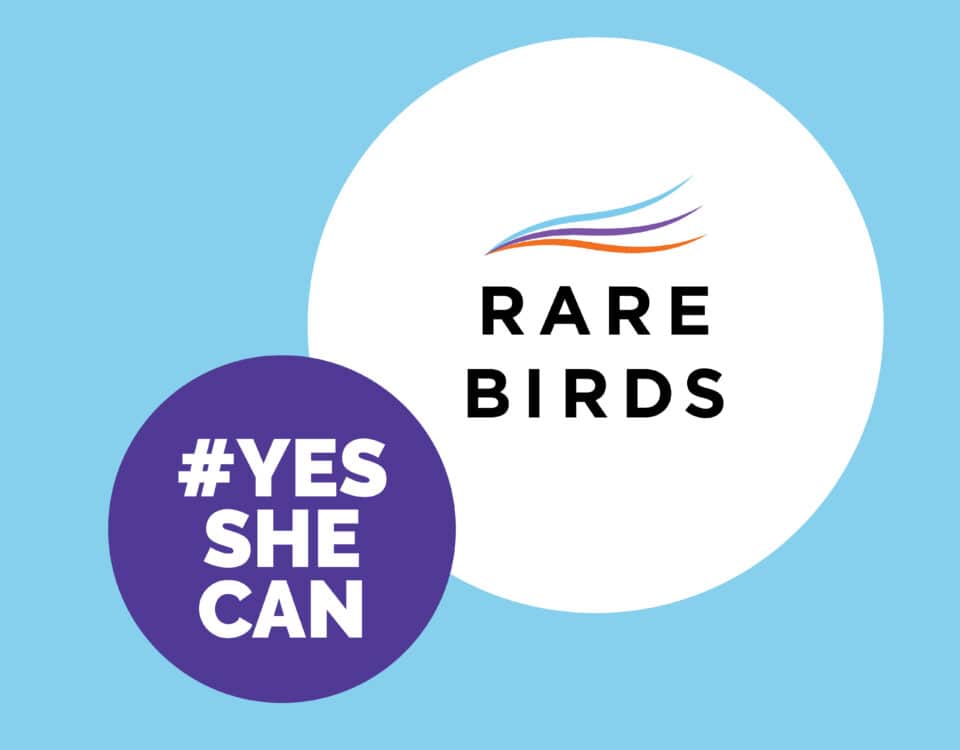Rare Birds Mentor Nevine Neill says that assessing cognitive ability and personality is 78% accurate in predicting job performance compared to job experience alone at 16%. Time to adapt your recruiting process, especially when hiring remotely.
Personality is a scientifically proven predictor of job performance as well as behavioural tendencies in a work environment. But how do you really know a personality? You use scientific-based personality assessments.
Personality assessments provide you with an objective and detailed understanding of a candidate’s personality so you can truly determine whether a candidate will:
- will fit into the culture of the organisation
- how they will relate to others
- how they will go about solving problems and making decisions
- how they will manage their emotions and finally,
- how effective they will be at performing their job.
A 2016 study by Frank L. Schmidt explored practical and theoretical implications of 100 years of research findings regarding selection methods in personnel psychology. This study found that job experience alone only allows predicting job performance with 16% accuracy, whereas the combination of cognitive ability and personality allows 78% accuracy in future performance prediction.
Recruitment and selection involve making predictions about future behaviour so that decisions can be made about who will be most suitable for a particular job. Traditionally, recruitment and selection has been viewed as a process by which the organisation tries to accurately match the individual to the job and can be compared to completing a jigsaw puzzle.
Recruitment and selection are a process of selecting the correct pieces to place in the jigsaw puzzle (ie. the right person) from a bunch of incorrect pieces (ie. the wrong person).
Effective recruitment is crucial to organisational success.
Gone are the days where a certificate or degree was enough evidence that an individual can adequately perform their job. In today’s world social interaction and EQ far outweigh IQ in the workplace.
Unlike CV analysis or face to face interviews, a personality assessment allows you to accurately assess important personality traits of the candidate like openness, conscientiousness, extraversion, agreeableness and stability and various characteristics such as sociability, need for recognition, leadership orientation, cooperation, consideration, dependability, efficiency, even-temperament, achievement striving, self-confidence, abstract thinking, and creative thinking.
Using personality assessment to screen candidates early on significantly improves an organisation’s selection process. When combined with other types of assessments, such as motivation and cognitive ability, as well as structured interviews, the personality assessment provides powerful insights to improve the selection process and inform the recruiters’ decisions.
Applying it at the beginning of the process, and not at the end, helps to screen out candidates that are not a good fit at all. This makes it easier for recruiters to focus only on the most promising profiles throughout the selection process and to identify and hire the best talent at the end.
As important as hiring the right candidate, it’s crucial for companies to retain talent and reduce turnover.
Employees that aren’t the right fit for a job will eventually underperform in terms of engagement with the role and productivity and, thus, are more likely to leave. And as we all well know, replacing a bad hire can be very expensive and time-consuming. Using personality assessment in the recruitment process can reduce hiring and training costs, providing data that will help with hiring the right people for a position the first time.
By deploying a well-designed and reliable personality assessment in recruitment and selection the organisation will add a layer of legal defensibility to the process, given the fact that it provides employers with objective, scientifically validated predictors of success in a job, in opposition to other subjective hiring methods. This gives companies a chance to better defend their hiring procedures if someone questions their hiring process legality.
For more information on how personality assessments can help your organisation in its recruitment and selection efforts, please visit www.nbpeople.com.au





